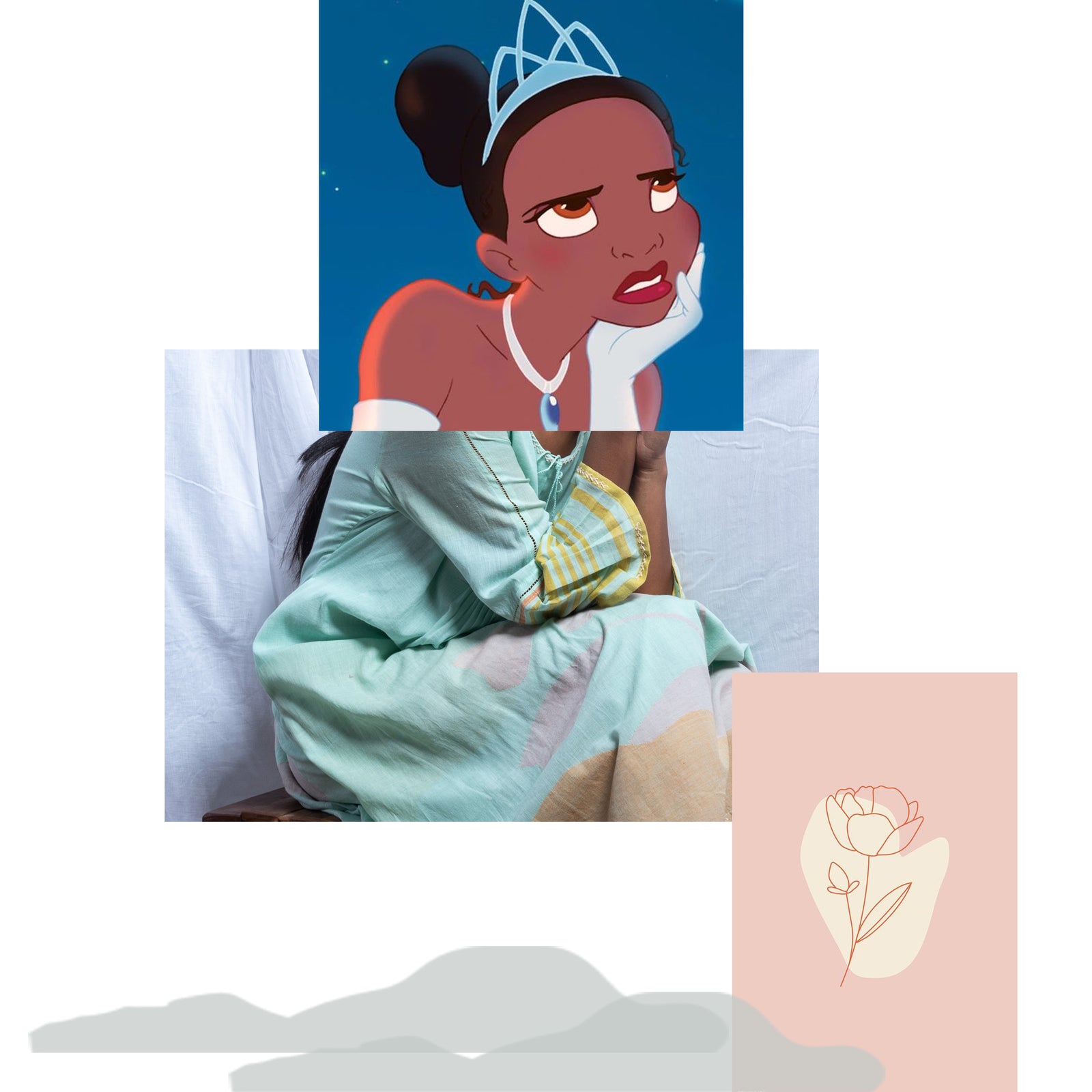
Are you being fooled by what you buy?
As you know the festivities are around the corner, and shopping for new clothes is a compulsory activity around this time. Although because of covid times this year, our shopping list has been limited to a basic few. Last weekend my mother went out for shopping to local saree shops. As I was travelling over the weekend, I could not accompany her. When I came back on Monday, my mother very exitingly started showing her Pujo shopping. It was a power loom cotton saree, more on the lines of dhakai, but to me it was clear that, the yarns were not at all pure, rather it was a polyester blend. Although at a first glance even I got fooled, because it did not look anything close to a poly blend, rather it looked like a cotton saree, but realised the reality after touch and feel and also checking the yarn.
I could figure out the difference, examine the saree and say it was not pure, but today, everyday, people like my mother are fooled in the name of purity and quality. Firstly because, when it comes to hand weaves and pure yarn, it is supposed to be little more expensive than power loom and polyester blend yarns, so affordability plays a major role here. Secondly, and the most dangerous behaviour is to sell products made in poly blends calling them pure yarns at a premium price just because a regular shopper does not have the understanding of textiles. And unfortunately it doesn’t end with the mass market, designers and brands like us are to be accused as well. Over the years we have seen many brands using “voile” and “mulmul” and called it “khadi”, and “poly blend silks” and “polyesters” as pure silks”, only to fool customers and trying to sell at a cheaper rate or embroider them and sell at a premium rate. Although there are designers and artisan working very hard continuously to promote hand weaves and pure yarns. but the number is too small, and has been forcing weavers and artisans to shift to power looms and poly blend yarns.
As you know the festivities are around the corner, and shopping for new clothes is a compulsory activity around this time. Although because of covid times this year, our shopping list has been limited to a basic few. Last weekend my mother went out for shopping to local saree shops. As I was travelling over the weekend, I could not accompany her. When I came back on Monday, my mother very exitingly started showing her Pujo shopping. It was a power loom cotton saree, more on the lines of dhakai, but to me it was clear that, the yarns were not at all pure, rather it was a polyester blend. Although at a first glance even I got fooled, because it did not look anything close to a poly blend, rather it looked like a cotton saree, but realised the reality after touch and feel and also checking the yarn.
I could figure out the difference, examine the saree and say it was not pure, but today, everyday, people like my mother are fooled in the name of purity and quality. Firstly because, when it comes to hand weaves and pure yarn, it is supposed to be little more expensive than power loom and polyester blend yarns, so affordability plays a major role here. Secondly, and the most dangerous behaviour is to sell products made in poly blends calling them pure yarns at a premium price just because a regular shopper does not have the understanding of textiles. And unfortunately it doesn’t end with the mass market, designers and brands like us are to be accused as well. Over the years we have seen many brands using “voile” and “mulmul” and called it “khadi”, and “poly blend silks” and “polyesters” as pure silks”, only to fool customers and trying to sell at a cheaper rate or embroider them and sell at a premium rate. Although there are designers and artisan working very hard continuously to promote hand weaves and pure yarns. but the number is too small, and has been forcing weavers and artisans to shift to power looms and poly blend yarns.
The economy of a country plays a very important role in this as well. When the economy is in a better place, people have the opportunity to not just appreciate but also spend more and buy products with better quality, regulating more revenue towards the artisans behind these products. But when economy fails, people tend to spend less and look for cheaper products, giving window to middle men and fabric manufaturers to sell inferior quality products.
Find similar articles
affordable sustainable fashionawarenessbody and soulcircular economycultural awareness and sustainablityethicalgood for earthgood for peoplehandcrafted luxuryimportance of cultural awarenessour blogsocial awarenesssocial inclusivenesssocial responsibilitysustainabilitysustainable lifestylesustainable living
